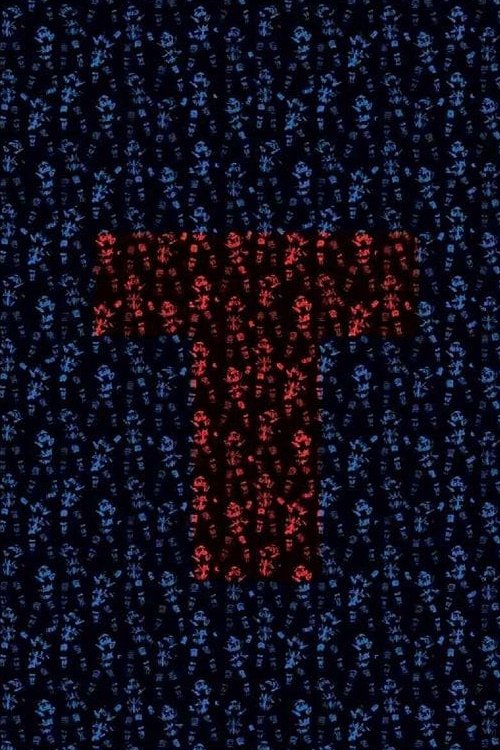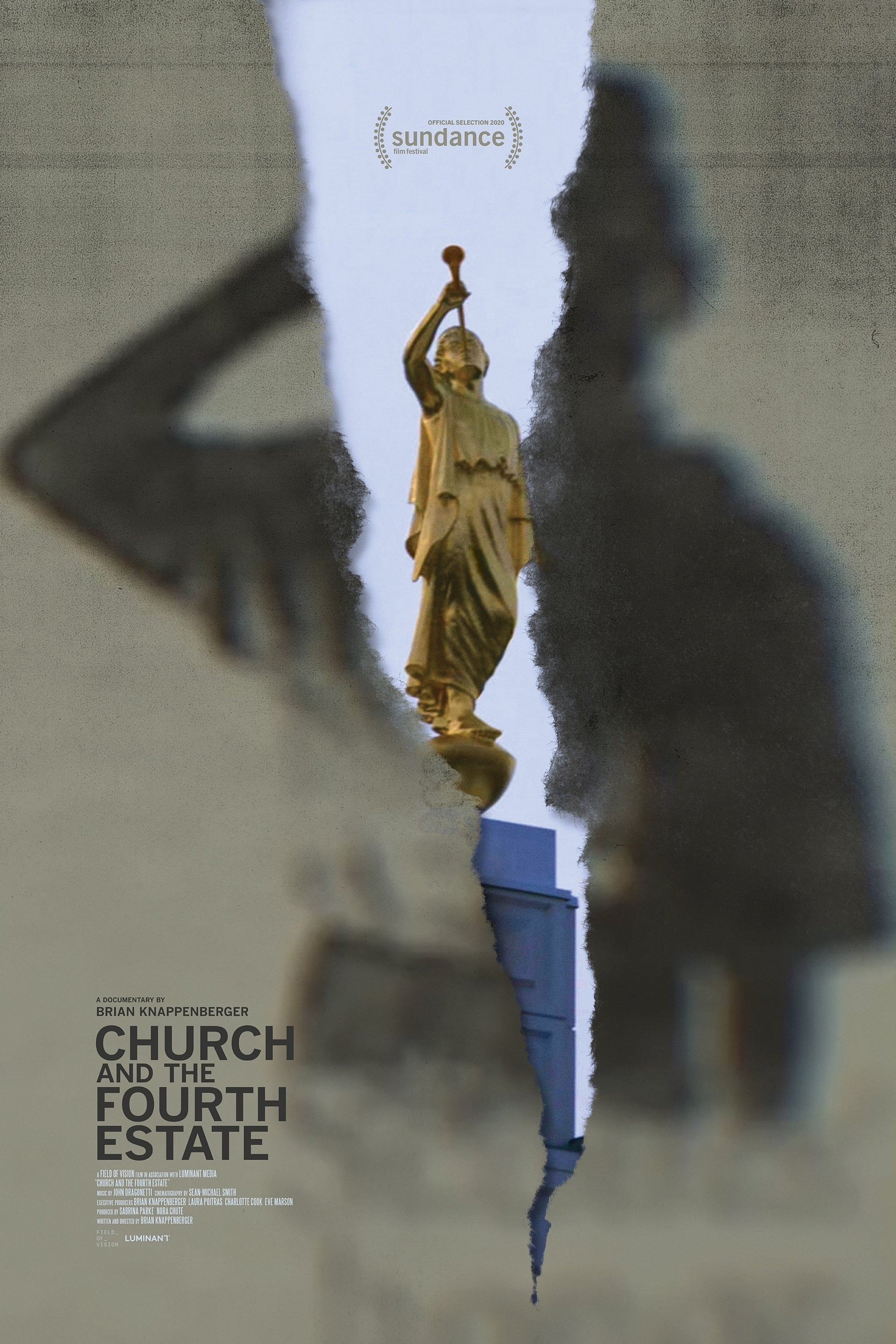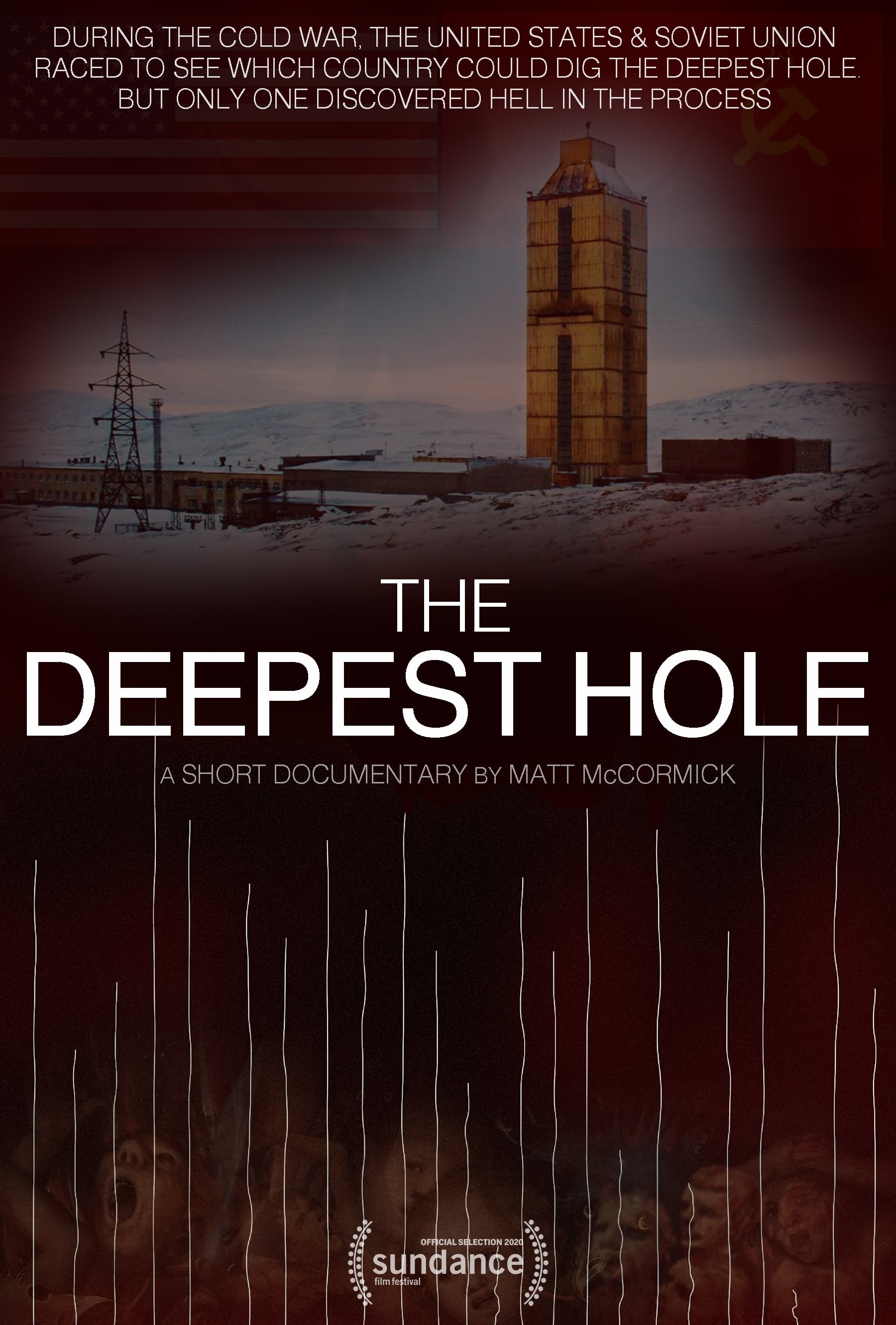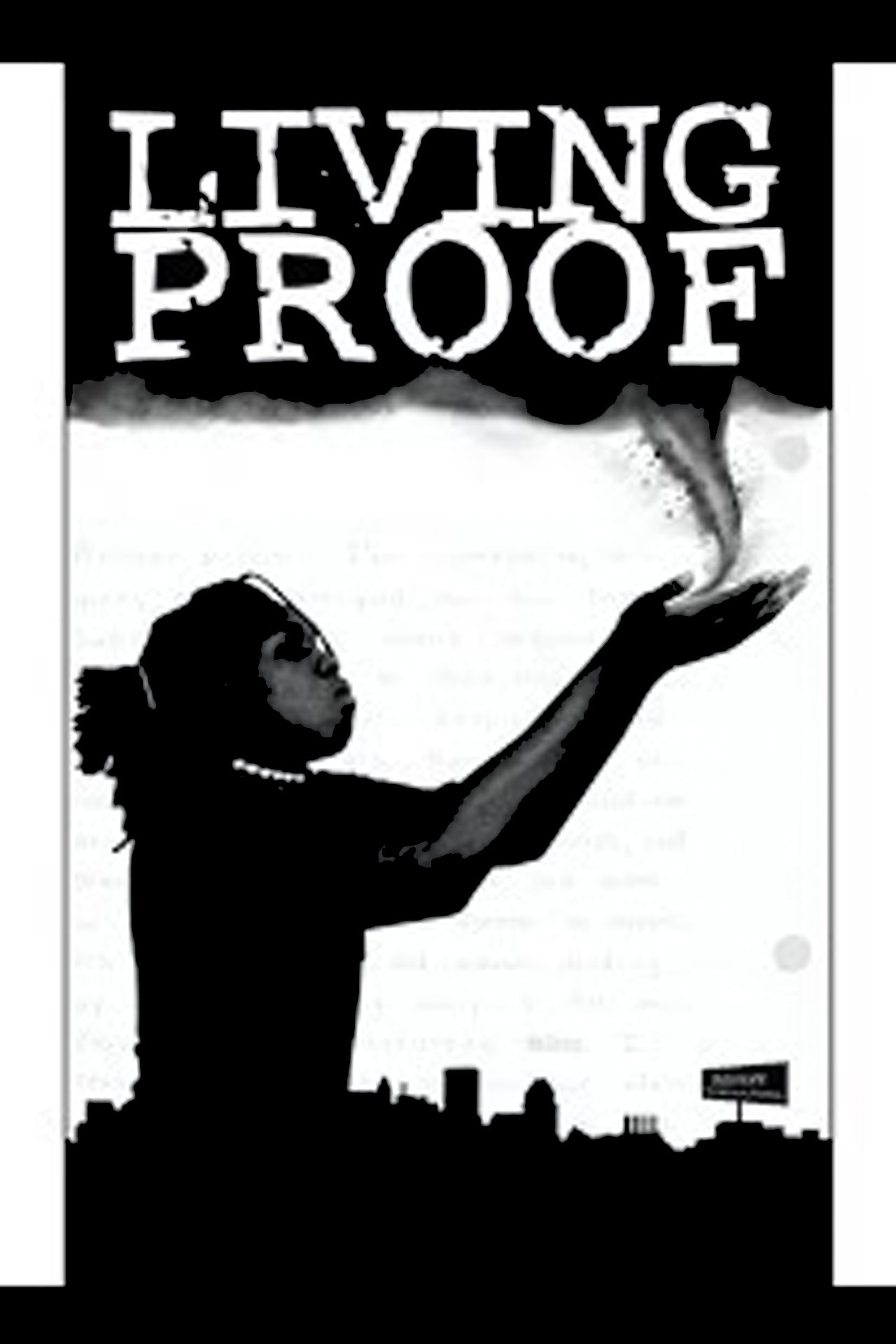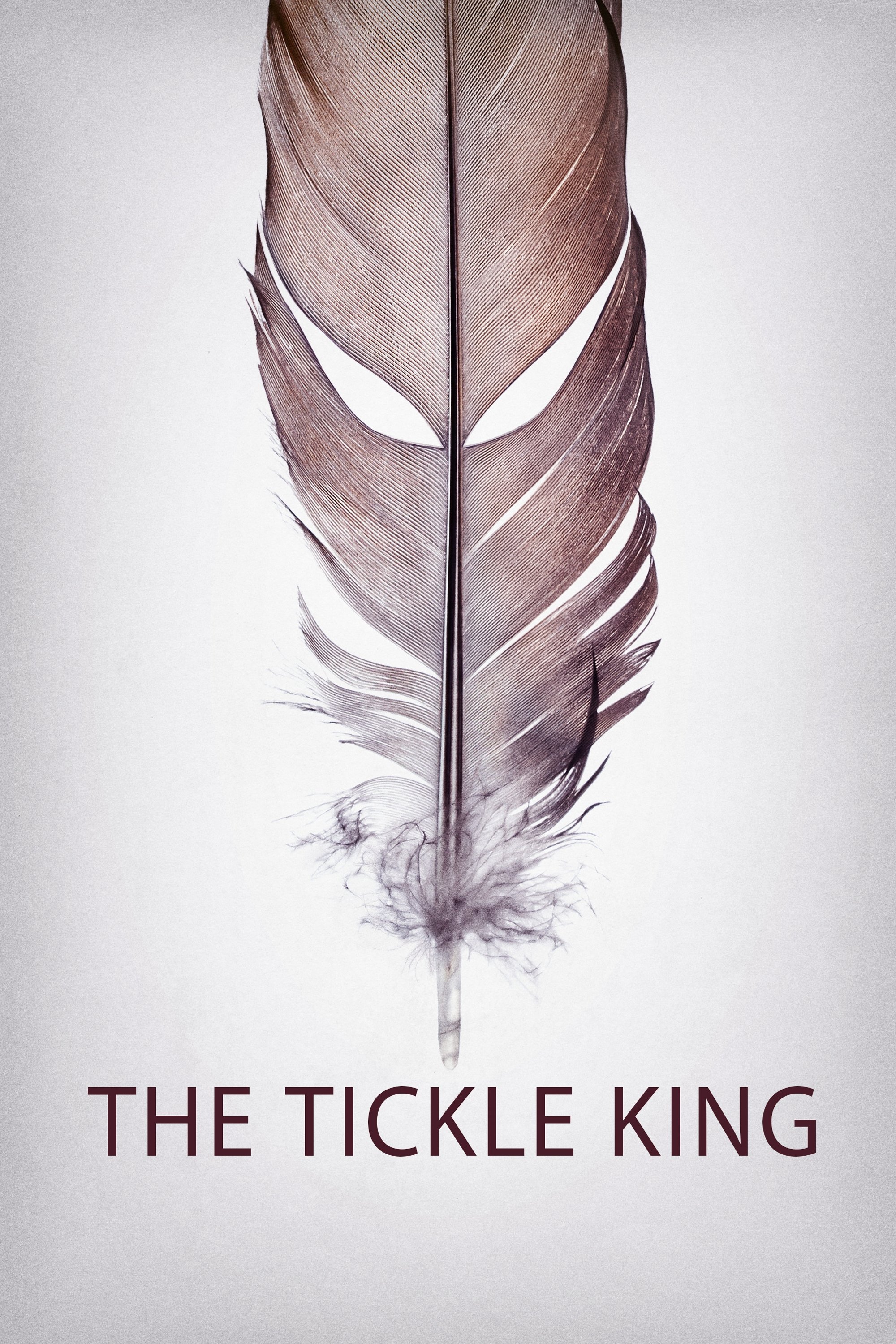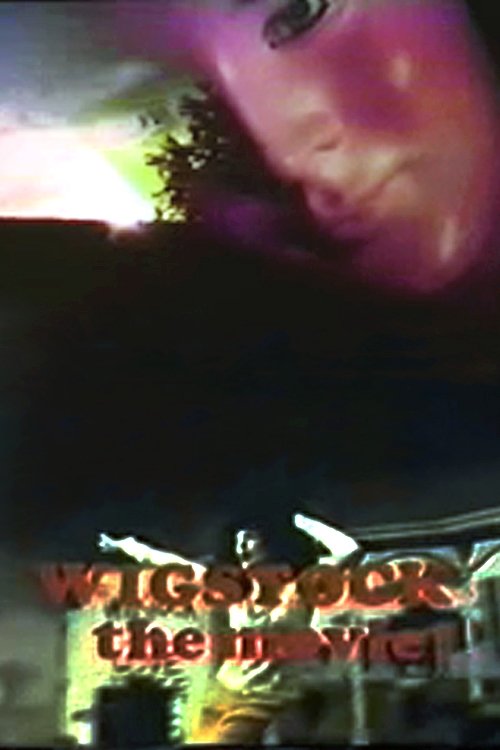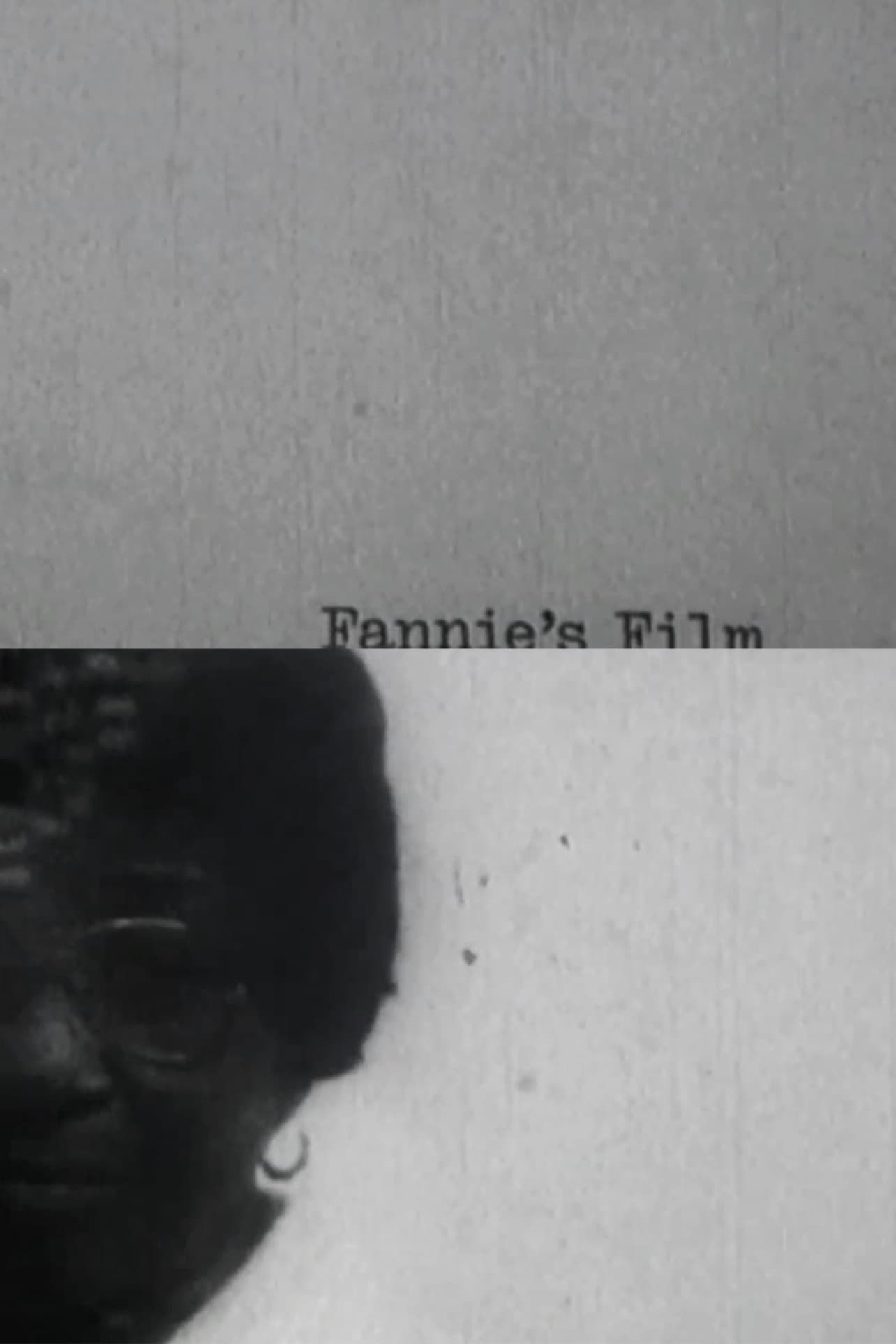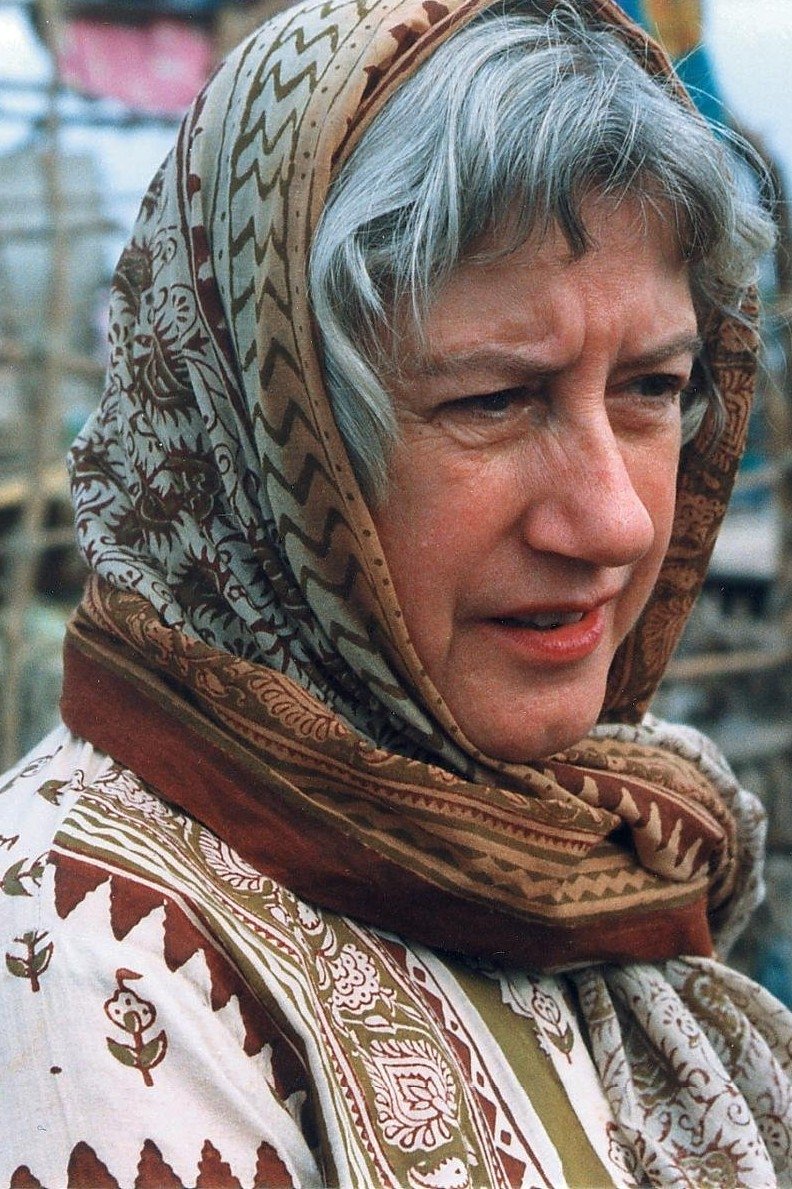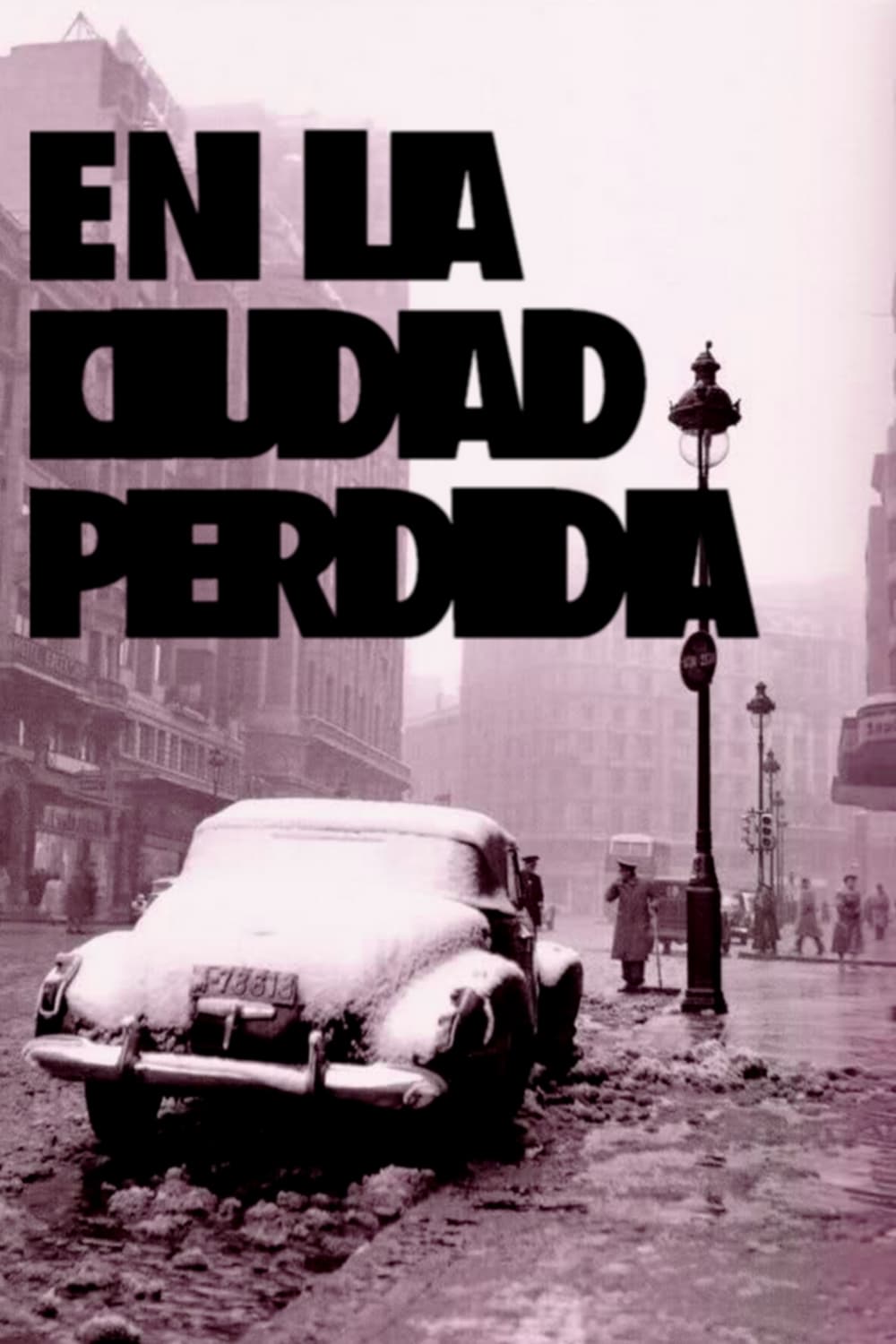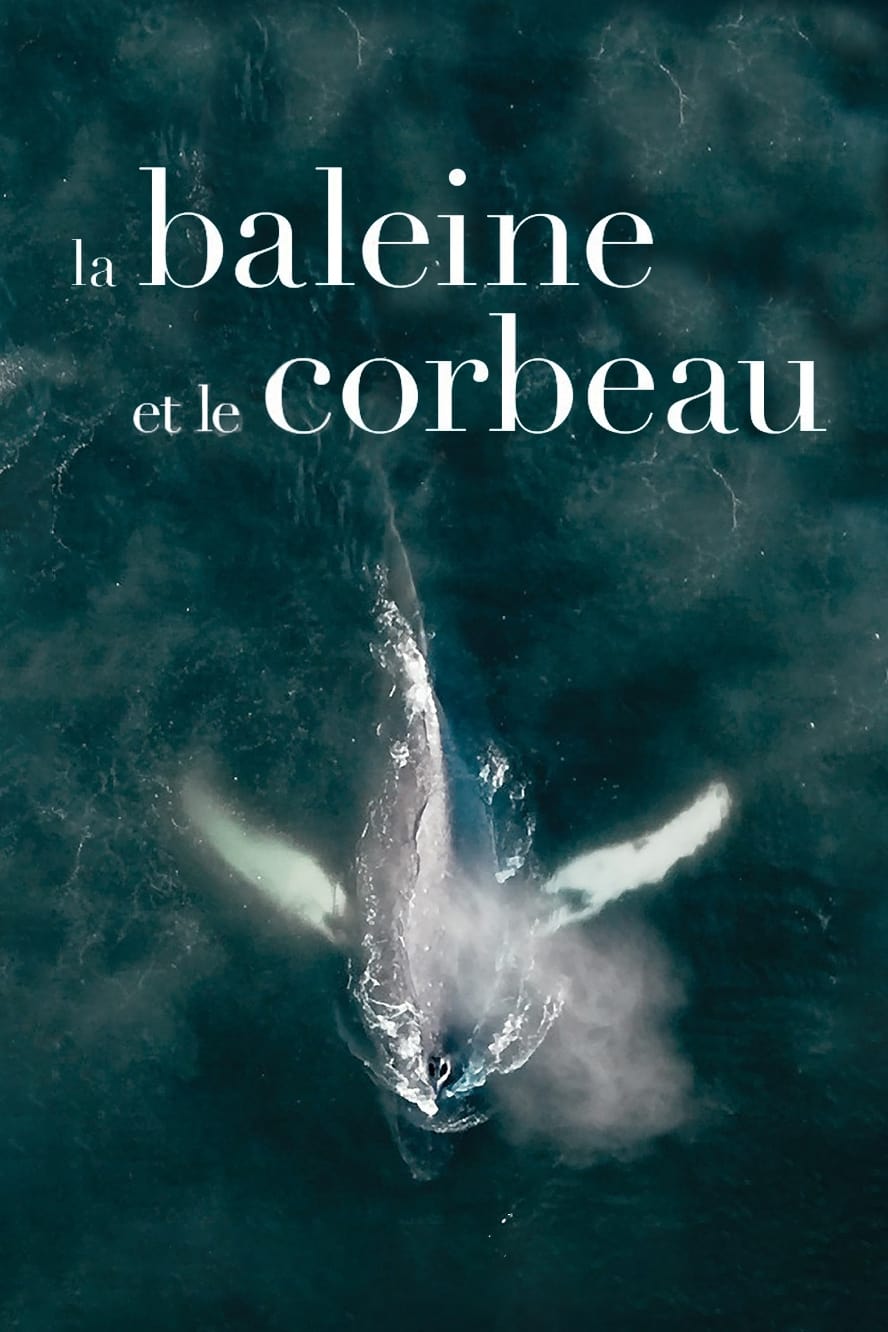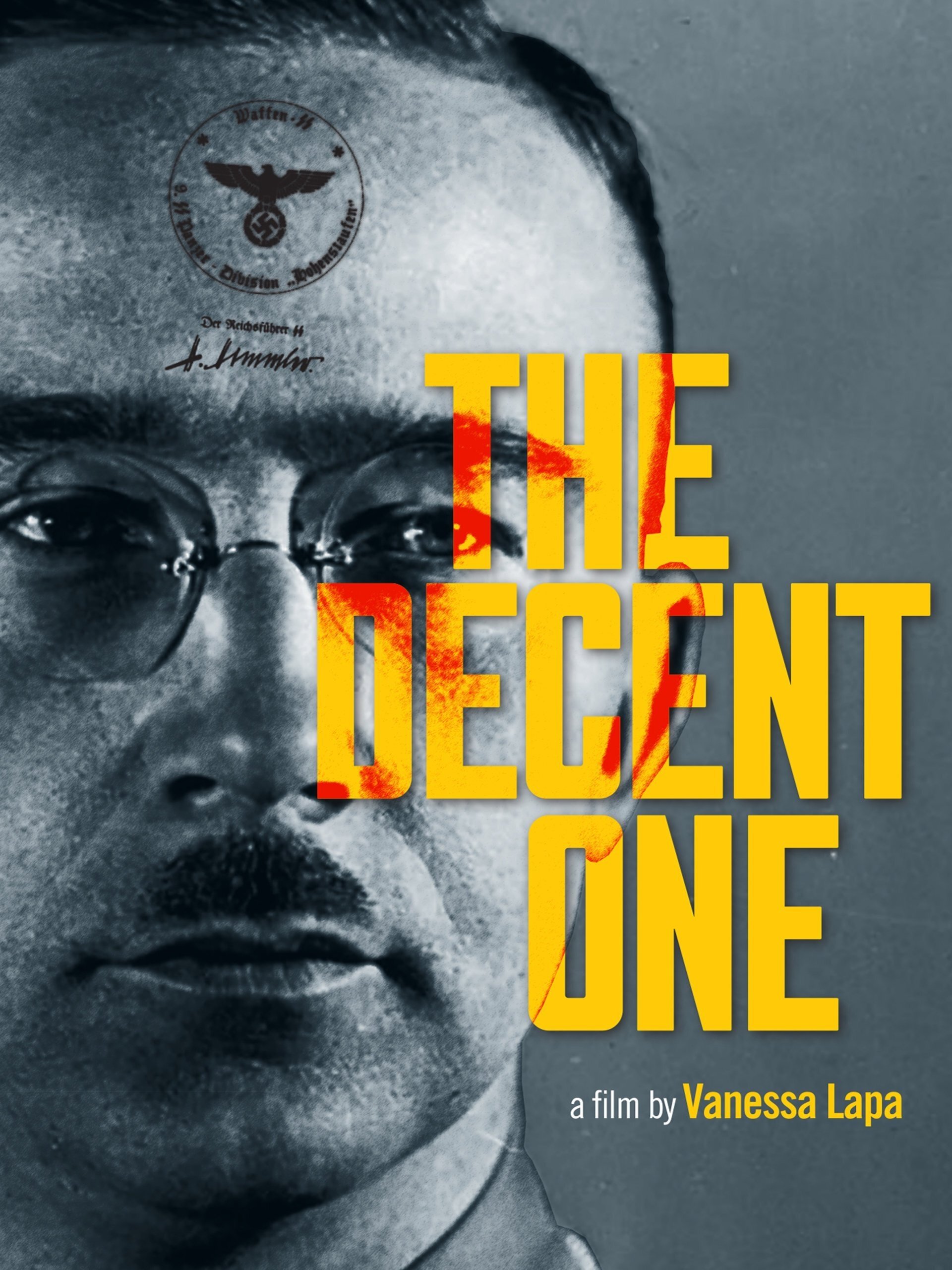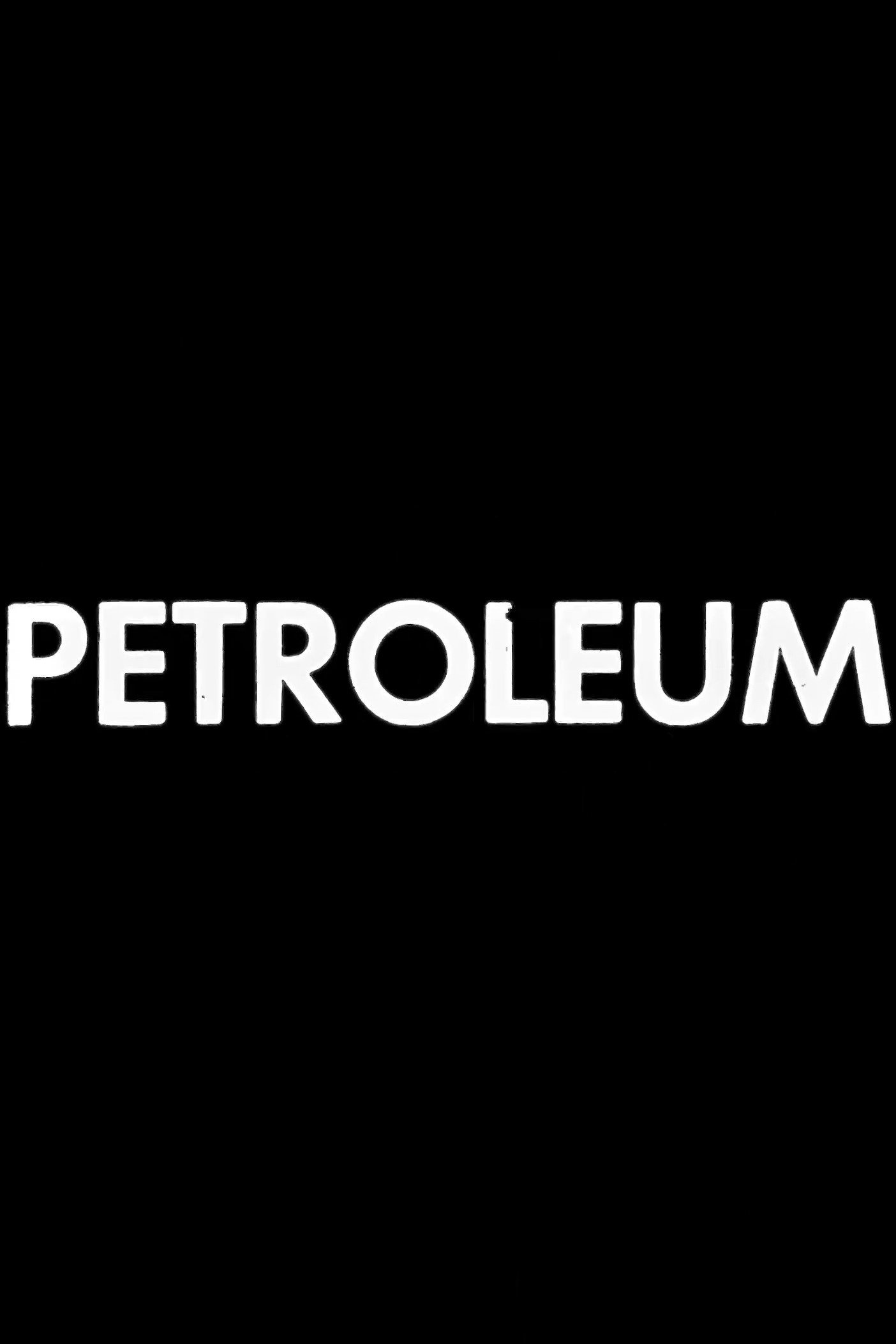Nicholas and the Baby
Watch Movie
Share
Nicholas and the Baby
1980
0h 25m
0.0(0 votes)
Documentary
Overview
The first childbirth for children film ever made which launched a sibling preparation movement across the US.
Links & Resources
Social & External
Production Companies
Cast & Crew
1 member
Acting
Maurice McClelland
Narrator (voice)
No Image
Similar Movies
Recommended Movies

No Recommendations Yet
We're working on finding the perfect movies for you. Check back soon!
More movies coming soon


